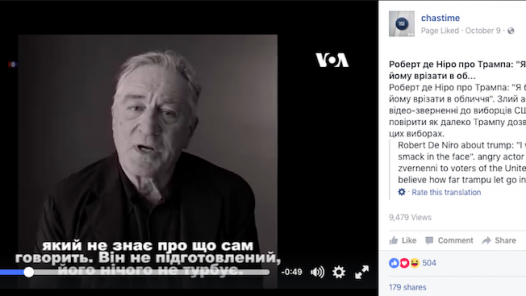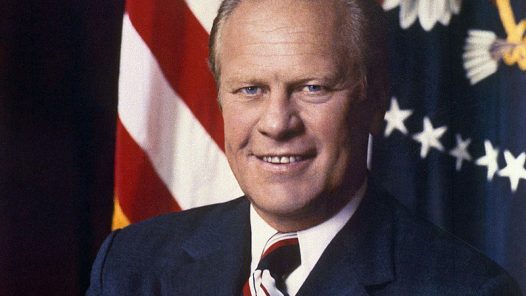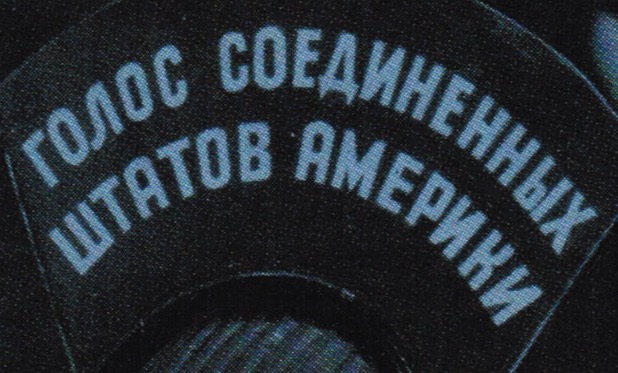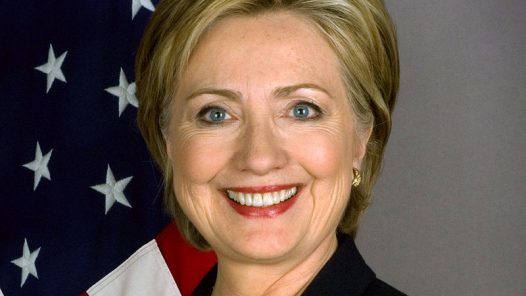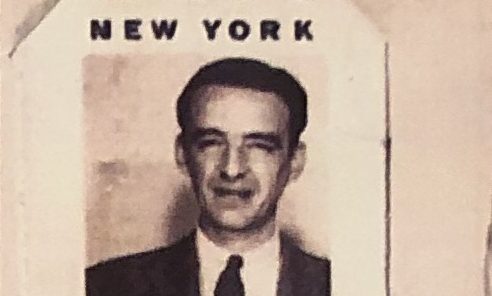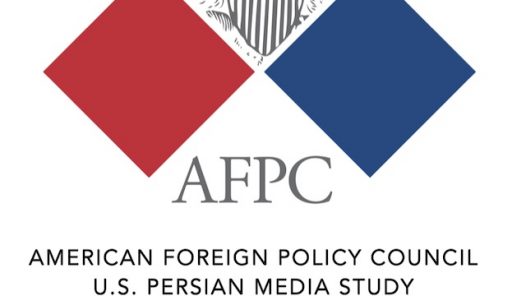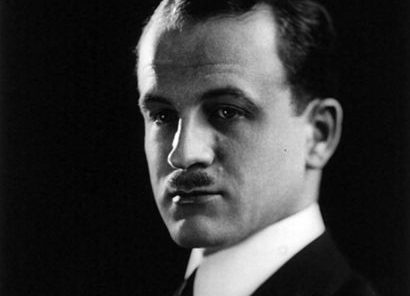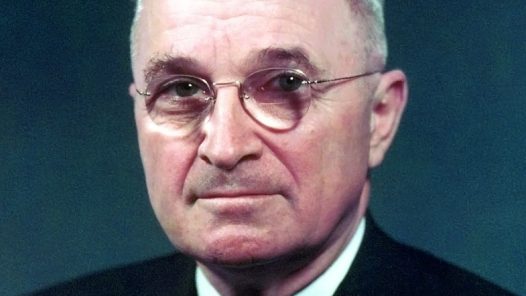Cold War Radio Museum During the short tenure of Michael Pack, the United States Agency for Global Media (USAGM) CEO appointed by the Trump administration, the agency honored the former Voice of America (VOA) Polish Service editor and...
Cold War Radio Museum In an unprecedented break with longtime practice and in violation of the VOA Charter, the Voice of America posted online in 2016 a number of unbalanced and unchallenged promotional videos and partisan commentaries. Almost all...
Cold War Radio Museum Drafted in 1960, the VOA Charter was signed into law on July 12, 1976 by President Gerald Ford to guarantee that the Voice of America would not engage in unbalanced or partisan reporting. The VOA Charter, which is U.S. law...
Cold War Radio Museum an independent Russian journalist,Dr. Nikolay Rudenskiy, warned in 2011 about “pro-Putin” bias of the Voice of America Russian Service. Dr. Rudenskiy was hired by the Broadcasting Board of Governors (BBG) in 2011 to evaluate...
Cold War Radio Museum During testimony on January 23, 2013 before the House Foreign Affairs Committee meeting chaired by Rep. Ed Royce (R-CA), Secretary of State, Hillary Clinton stated: The Broadcasting Board of Governors is practically defunct in...
By Ted Lipien for Cold War Radio Museum We know of only one Voice of America (VOA) journalist, Konstanty Broel Plater, who during World War II resigned in protest against being forced by the VOA management and editors in the Office of War...
Cold War Radio Museum On October 6, 2017, the American Foreign Policy Council (AFPC) released a highly critical study of the Voice of America (VOA) Persian Service’s broadcasting to Iran. The study was less critical of the Radio Free...
Right after the declaration of the martial law in Poland in December 1981, U.S.-funded Voice of America and Radio Free Europe expanded their radio broadcasts. These broadcasts continued during the martial law. VOA and Radio Free Europe...
Cold War Radio Museum In 2018, the online Cold War Radio Museum presented for the first time to a broader online audience a secret 1943 memorandum sent to the Roosevelt White House by the U.S. State Department. The communication raised...
The U.S. Information and Educational Exchange Act of 1948 (Public Law 80-402), known as the Smith–Mundt Act was signed into law by President Harry S. Truman on January 27, 1948. The law was designed primarily to authorize and pay for informational...



